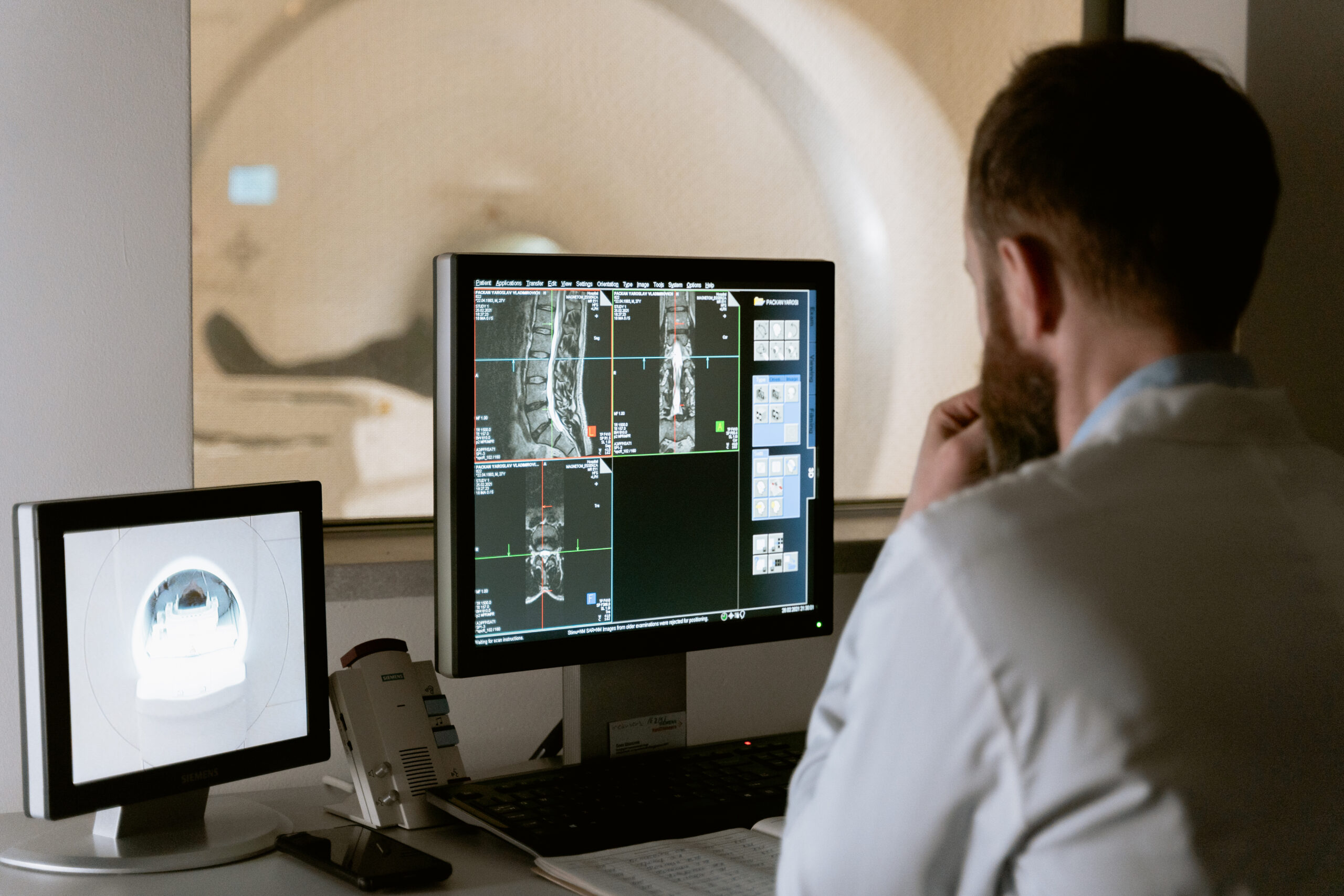How often should I have a bone density test?
Title: How Often Should You Have a Bone Density Test?
Introduction:Maintaining strong and healthy bones is vital for overall well-being. As we age, our bones naturally become more fragile, making us susceptible to osteoporosis and fractures. To assess your bone health and detect early signs of bone loss, a bone density test, also known as a dual-energy X-ray absorptiometry (DXA) scan, is commonly recommended. But how often should you have this test done? In this blog, we will delve into the factors that influence the frequency of bone density testing.
Understanding Bone Density Tests:A bone density test measures the strength and mineral content of your bones, helping determine your risk of fractures and osteoporosis. The test calculates your bone mineral density (BMD) by comparing your results with those of a young adult with peak bone mass. This measurement is then reported as a T-score, which helps in identifying the severity of bone loss.
Frequency of Bone Density Testing:1. Age and Gender:
For women over the age of 65 and men over the age of 70, bone density testing is generally recommended every two years, especially if there are risk factors present.
2. Previous Fractures:
If you have already experienced a fracture, especially after a minor fall or injury, you may be at an increased risk of future fractures. In such cases, the frequency of bone density testing may be higher, as advised by your healthcare provider.
3. Conditions and Medications:
Certain medical conditions and medications can contribute to bone loss, making more frequent testing necessary. These conditions include rheumatoid arthritis, chronic kidney or liver disease, thyroid disorders, and others. Additionally, long-term use of corticosteroids, such as prednisone, can also impact bone health.
4. Early Menopause:
Women who experience early menopause, either naturally or due to surgical removal of the ovaries, are at a higher risk of developing osteoporosis. Therefore, they may need more frequent bone density tests.
5. Family History:
If you have a family history of osteoporosis or fractures, it is wise to talk to your healthcare provider about when and how often you should have a bone density test. Genetic factors can significantly impact bone health.
6. Personal Risk Factors:
Lifestyle choices such as smoking, excessive alcohol consumption, sedentary behavior, and a diet low in calcium and vitamin D can contribute to bone loss. If you have one or more of these risk factors, it may be advised to have more frequent bone density tests.
Conclusion:Regular bone density testing is crucial to monitor your bone health, especially as you age. While there are general guidelines for frequency, it is essential to discuss your individual risk factors with your healthcare provider. By understanding your unique circumstances, they can recommend the most suitable testing schedule to help you prevent bone loss and maintain strong bones throughout your life. Remember, investing in your bone health now can help you enjoy an active and independent lifestyle in the future.



